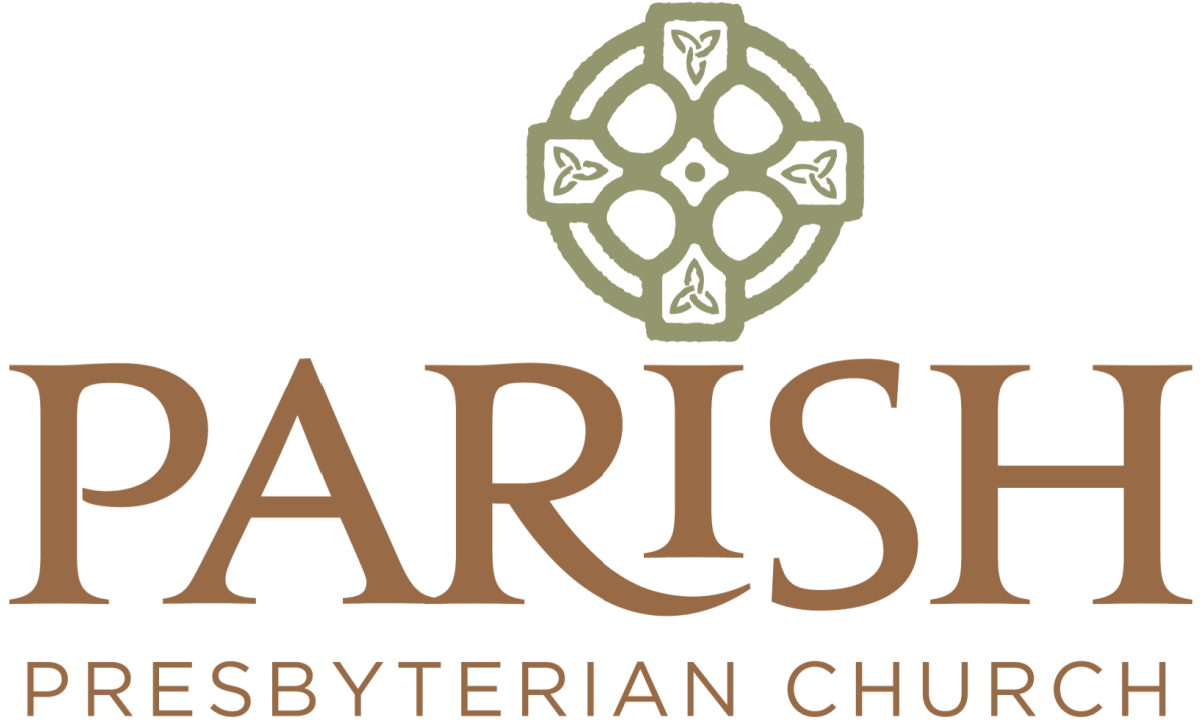For that Child, so dear and gentle, is our Lord in Heav’n above…
—C. F. Alexander
Christmas in our culture can often be a time of great contrasts: the coldest and darkest part of the year is marked by decorations of brightly colored lights, and the traditional period of reflection and repentance is observed along with rich foods, gift giving, and boisterous singing. Contrast is also at the heart of the Christmas story, something I think you’ll notice in this morning’s service. We’ll read twice from Psalm 103, praising our King whose throne is established in the heavens and whose Kingdom rules over all. This is a ruler who would be rightly described as the “hope of all the earth” and “desire of every nation.” But in between these readings, we’ll sing hymns that speak of that King being “born a child” in a “lowly cattle shed,” living on earth “with the poor and mean and lowly.” The “little town of Bethlehem,” far from the centers of worldly power, becomes the home of a ruler greater than Ceaser Augustus in Rome. He is a conqueror, who goes forth to overthrow sin, woe, death, and hell—but He does this as a sacrificial lamb. He is both King of Peace and a babe in a manger, fashioned in earthly style. —Henry C. Haffner

